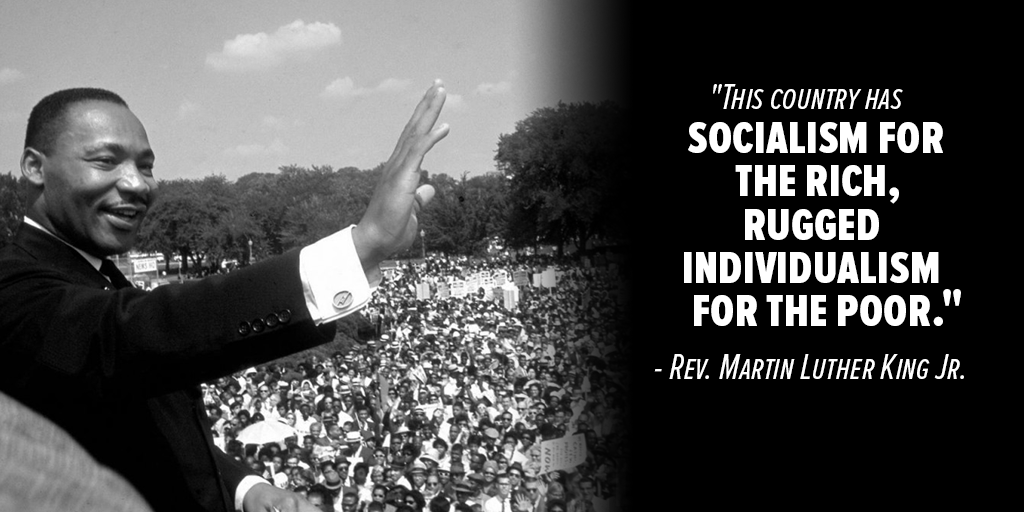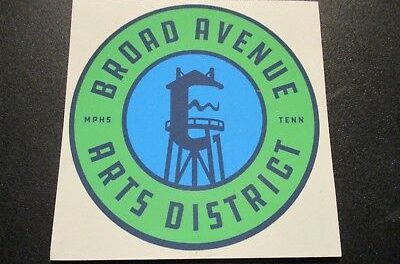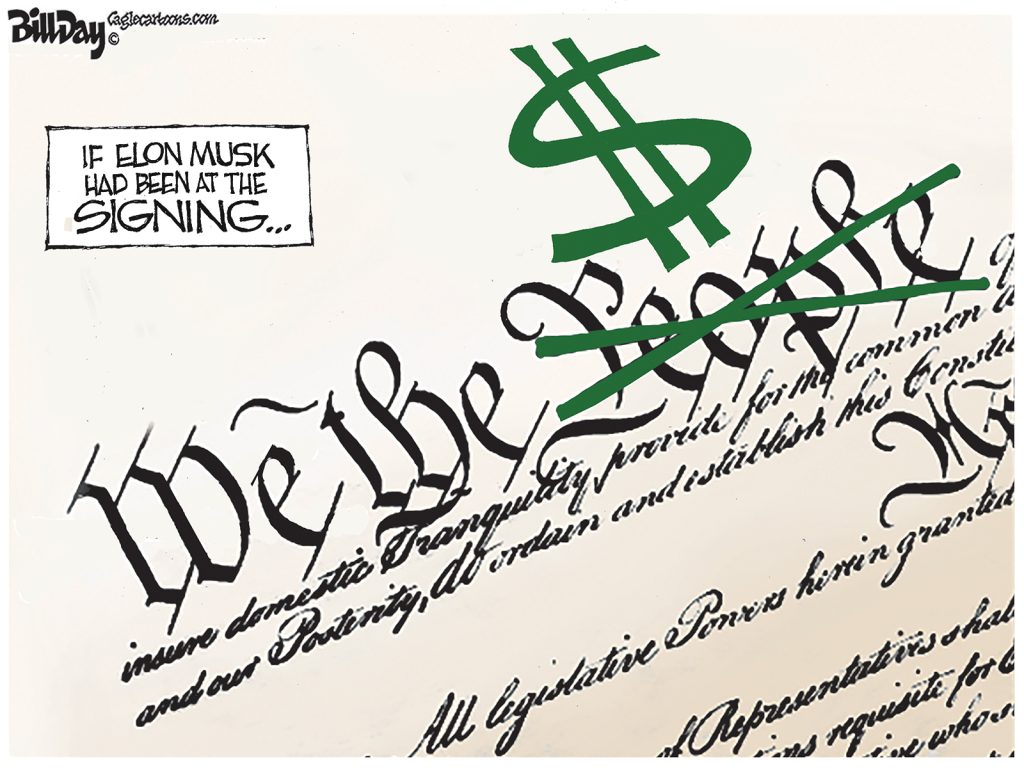Few phrases are more overused today than “defining event,” but it’s never as accurate as when Boomers look back at the life and death of Dr. Martin Luther King Jr.
He was as large an influence on many of us as our own families. His words and his courage inspired our values and our beliefs. His death endowed our lives with an unsettling blend of high ideals and cynicism.
We are like World War II veterans whose retelling of their experiences places them immediately in that exact moment in time — sanitation workers crushed to death among the garbage of their own trucks, tanks lumbering down Poplar Avenue, and the suffocating sense of civic failure.
Most of all, we recall the aching sense of loss.
It wasn’t just Dr. King’s gift of oratory. It was also the gift of prophecy so dramatically on display the night before his death, and the truth of the prediction that resonates in today’s Memphis: that the quest for equal rights would give way to the quest for economic justice.
Elusive Economic Progress
The president of the Memphis Chamber of Commerce in 1968 famously had his own prediction: “If the Negro ministers would tend to their ministering instead of trying to stir things up, we wouldn’t have had this trouble. Nothing can be done about this situation. It’s going to take 40 years before we can make any real progress.”
At that point, it was unfathomable that five decades would pass without Dr. King, and taking stock now, while there are proud milestones of progress, the promise of dramatic economic progress for African Americans remains elusive.
The good news is that the black middle class and upper-middle class is now wider and deeper. The bad news is that the median white family income still earn twice the median black family income and the gap seems as much a part of Memphis as the Mississippi River.
Today, 50 years after Dr. King led the fight for economic justice for sanitation workers, economic indicators for African Americans continue to be troubling if not outrageous.
Competitive Advantage In Differentiation
If Memphis officialdom in 1968 could not come to grips with the notion that the least among us — sanitation workers with no pensions or life insurance — could change Memphis forever, today, we still haven’t come to grips with the reality of being a majority African-American metro.
At a recent Leadership Memphis meeting, a man who embodies the new attitude of young African Americans in our city said: “We just have to promise ourselves that we will be brutally honest. There are people here and there are people around the country who believe that being majority African American means that we cannot succeed. It’s like we have no choice but failure. But we do.”
It’s all about choices.
The choices begin by acknowledging our most distinctive attribute in every economic development strategy, by targeting African-American heritage tourism, and by setting out to be a hotbed of young African American talent. In a world where diversity is more and more the rule, the challenge for Memphis is to leverage its diversity into global competitive advantage.
Culpability To Go Around
There is no denying that much has changed since Dr. King died for our sins. Fifty years later, those of us who were here on that day are still wounded by the realization that racism and hatred was alive and well here although we tried hard to push away the killing as an aberration perpetrated by someone who didn’t live here.
And yet, we could not escape the nagging feeling that we were culpable in our own way.
It is to our credit that unlike Dallas, we did not erect a monument on the spot of an history-changing assassination and then go on about our business. Rather, here, in time, the current in favor of doing something different led to the creation of the National Civil Rights Museum, where every day, we acknowledge to all who enter that reconciliation and change can only take place by coming face-to-face with America’s history of slavery, exploitation, and double dealing.
The events to commemorate the 50th anniversary of the murder of Dr. King speak to the fact that our journey toward a just and equitable city – and nation – continues, but it also speaks to the fact that we are engaged in the candid conversations about how far we have to go.
The Battle Continues
Years ago, Dr. Benjamin Hooks, lion of the civil rights movement and former executive director of the NAACP, spoke at the Peabody Hotel and said his very presence there was evidence that Memphis had changed, because only a few decades before, he would have only been allowed in the hotel if he was working in the kitchen, serving meals, or cleaning up.
These are the visible changes that are too often amplified as fodder for arguments that we are living in a post-racial society. We all know better.
When Dr. King marched for justice for sanitation workers, African Americans were concentrated in manual and menial jobs. The path to the middle class was generally found in government or school jobs. Today, African Americans can be seen in an array of jobs in every industry sector.
Dr. King unmistakedly said that the fight for civil rights would inevitably become a fight for economic justice.
Symptoms Of The Problem
That fight continues.
Access is not the same as equity.
Opportunity is not real if the door mainly opens to low-wage jobs.
An economy built disproportionally on the labor of poor people while taxes are waived for rich international corporations fails the fairness test.
Injustice is implicit in the mass incarceration of black men while the attorney general at the same time refuses to prosecute law enforcement officers for the killings of African Americans.
These are not just problems reserved only for Memphis. They are national in scope, but they are intensified and concentrated here.
A Big Payoff
The price of economic injustice is steep. After all, the Memphis regional economy would be $22.2 billion larger if there was no disparity between workers as a result of their race.
Closing that gap is our region’s single largest economic development opportunity, but it is never mentioned. It’s a startling oversight, considering that by 2040, 66 percent of the region’s population will be people of color, largely African Americans.
Strictly speaking, breaking the link between race and inequality in this community is a matter of self-preservation.
For more than a century, the absence of economic justice has been a drag on the Memphis economy and has cost significant numbers of Memphians the opportunities to move into the middle class and above. The absence of economic justice also creates a culture that grinds down too many Memphians until they are fatalists about their own futures and leads them to conclude that their own city does not really care about them.
The Core Principle
What is missing today is the thread that should hold together every anti-poverty and economic development program — economic justice — and the will to pursue it aggressively by a government, nonprofit, and business leadership unified by it. It is by adopting and living economic justice as the core principle that we create the scaffolding that allows us to provide opportunity for every person — every person.
In this way, as Dr. King knew, economic justice does not just benefit individuals who deserve better choices and opportunities. It is also aimed at ourselves as a community, because it requires us to design our institutions and our economy to eliminate discrimination, racism, white privilege, inequality, and a culture that too often assigns children’s futures at birth.
It is often said that Memphis doesn’t have a vision. While there is much that we can and should do to commemorate the 50th anniversary of Dr. Martin Luther King Jr.’s murder, the greatest monument of all would be for Memphis to set economic justice as its vision, purpose, and aspiration and then relentlessly pursue it to deal once and for all with the structural problems that Dr. King described as “socialism for the rich, rugged individualism for the poor.”
With economic justice as the central part of Dr. King said: the “struggle for genuine equality means economic equality.” He talked about “the other America” that “transforms the buoyancy and hope into the fatigue of despair,” and he knew that we cannot address race while ignoring inequality and that there is not meaningful justice without meaningful jobs and a level playing field of opportunity.
One thing is as obvious today as they were 50 years ago: Economic justice is the test of our times, and if MLK50 is to have real meaning for our community and not just become a moment in time, we leave the many conferences, meetings, speeches, and dedications this week with a resolve that economic justice is present in all that we do.
**
Join us at the Smart City Memphis Facebook page for daily articles, reports, and commentaries relevant to Memphis.





Quote in NY Times by Bernice King about what MLK would think of Memphis today.
“He probably would feel sad about Memphis, as so many other places where he did a lot of his work,” said Bernice King, one of Dr. King’s daughters. “The concentration of this poverty that we as a country never really confronted, we haven’t dealt with.”